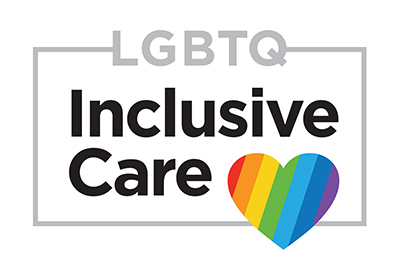Domestic violence is a social problem that is often misunderstood. I have heard many people question “Why would someone even date an abuser in the first place?” or “Why don’t they just leave?” Since these are the two biggest misunderstandings I hear from others, I wanted to shed some light on these topics based on what I have learned throughout my MSW (masters of social work) program and my time as a domestic violence and sexual assault counselor.
“Why would someone date an abuser in the first place?”
The short answer is usually an individual doesn’t know their partner is abusive when they become involved. It is very common for abusers to be sweet and charming in the beginning. They also tend to move very quickly in relationships. Victims typically develop feelings of love and attachment to the abuser before the abuse starts, which makes it difficult to end the relationship or even recognize the abusive warning signs.
“Why don’t they just leave?”
The victim may not recognize that they are being abused. Verbal and emotional abuse is much harder to recognize than physical abuse, and when a person is the object of that verbal and emotional abuse, it can be almost impossible to see. Abusers are masters of manipulation which can lead the victim to have a distorted sense of reality about what they are experiencing in the relationship.
The victim may have experienced abuse as a child and thinks abuse is normal or violence is simply what people do when they are angry. Children that grow up in violent households can have an altered perception of what is healthy or normal in relationships. They may have also been taught that abuse is their fault or they somehow deserve it.
As a result of verbal, emotional, physical, or sexual abuse from an intimate partner, the victim may believe they deserve the abuse, they can’t make it on their own, they are damaged or dirty, or no one else will love or want them. These are often statements explicitly said by the abuser over and over so that the victim then starts to believe it too.
The abuser uses manipulation or gaslighting to distort the victim’s perception of reality to convince them that the abuse didn’t happen, what they experienced was not abuse, or the abuse was their fault.
The victim may have hope that the abuse will stop. Abusive relationships commonly have a mix of both good and bad times. During the good times, victims may have hope that things will stay good and there will not be another abusive incident. The abusive partner may also show remorse, promise to never do it again, or even say they will get help. The victim may believe them and hold out hope that their partner will truly stop their abusive behavior. A victim may also believe that it is their duty as a spouse or partner to be loving and patient through all hardships, including abuse, especially when their partner promises to change.
Abusers often isolate victims from their friends and family which leaves them with little to no support network to reach out for help.
The victim may be ashamed to admit that they are in a domestic violence situation. Many victims feel strong shame or guilt about the abuse which prevents them from reaching out for help or support. They may also fear that people will not believe them. This is especially true for male victims and victims in both male and female same-sex relationships.
Victims may be part of a culture where it is customary to keep issues within the family and not to involve outsiders, which may prevent the victim from reaching out for appropriate supports.
The victim may have nowhere to go if they leave. Financial abuse can also be a component of domestic violence relationships. The victim may not have money of their own or their name on any of the bank accounts. The victim may also not have any income either by choosing to not work or not having a job as a result of control by their partner. It is very difficult and scary for a victim to leave their home and their belongings with no money to start over, especially when children are involved. Victims may even be at risk for homelessness if they leave.
Victims may fear that systems set in place to help them will fail. Although there are domestic violence shelters and programs, policies, and laws to assist and protect victims of domestic violence, sometimes these systems fail. For example, those laws aren’t always easy to enforce, and DV shelters and programs aren’t always able to take in or serve every client seeking assistance. If these systems do fail, a victim may fear that the abuse will escalate because the abusive partner is angry that the victim attempted to leave or take legal action.
The victim may fear that the abuser will harm the children or use the children to retaliate. Victims do not have the legal right to take children with them when leaving an abusive partner, and they may feel like they are protecting their children by not leaving so the children are never alone with the abusive partner.
The victim may fear for their life or safety. Abusers may threaten to seriously harm or kill their partner if they leave. The abuser may also threaten to harm or kill their children or the victim’s friends or family members.
What can we do?
Understand that domestic violence is a complex issue and leaving the situation isn’t an easy task.
Believe victims if they tell you about abuse, and support and assist them.
Recognize the importance for laws, policies, and programs to assist and protect victims, and advocate to strengthen them.
And support your local domestic violence center’s to ensure the need for critical services can be met.
– Cayla Farmer, Counseling Intern with Domestic Violence & Sexual Assault Center





